WHAT ARE THE CONSEQUENCES OF A FIRST TIME DUI CONVICTION IN KANSAS CITY?
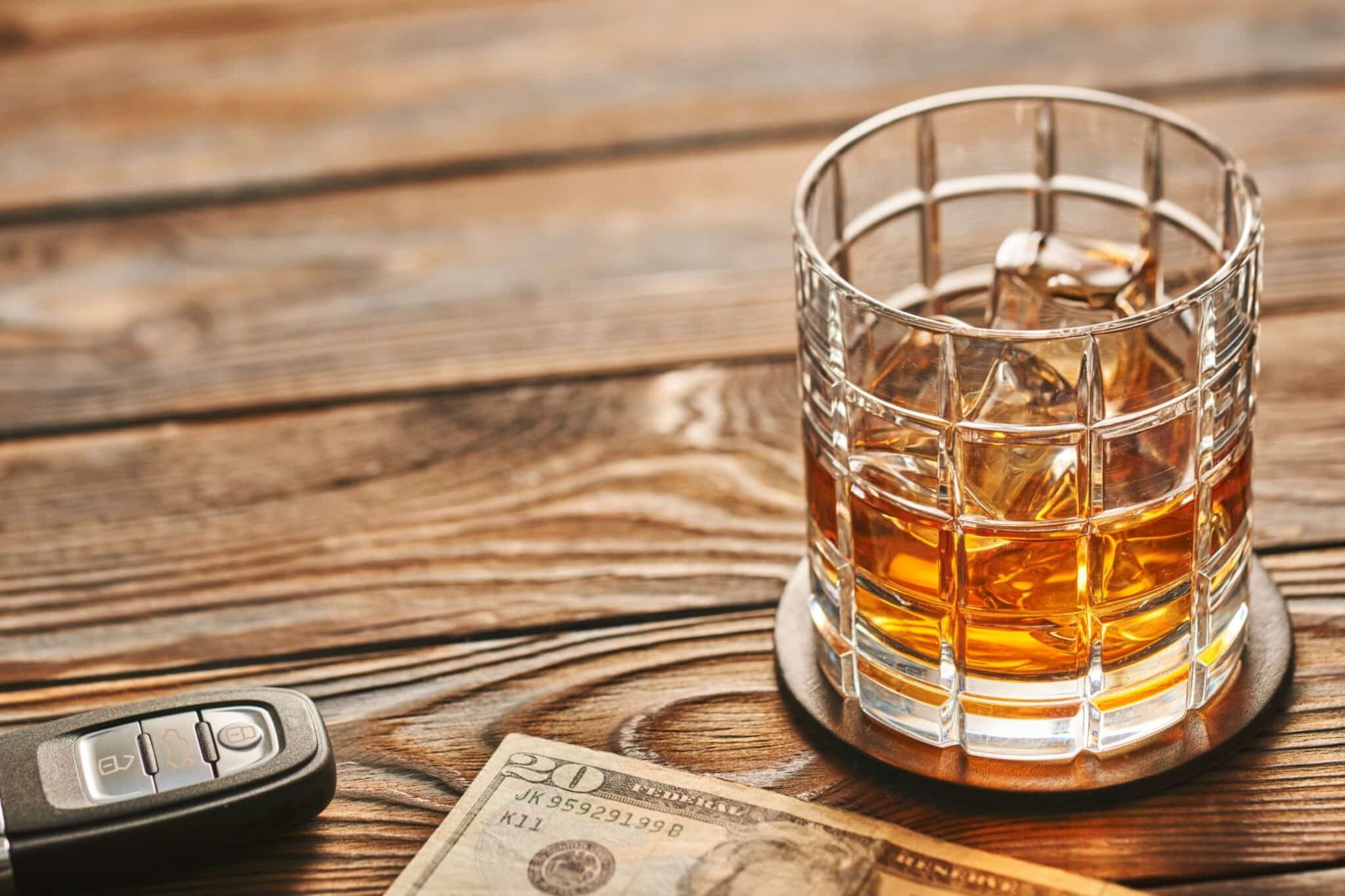
You might think a first-time DUI in Kansas City is “no big deal.” Maybe you’ve never been in trouble before, and you assume a warning or small fine is the worst that could happen.
But the truth is far more serious.
A first-time DUI conviction in Missouri can follow you for years — impacting your license, job, insurance, and even your reputation.
At KC Defense Counsel, our experienced Missouri DUI and DWI defense attorneys want you to understand what really happens when you’re convicted of a DUI for the first time, and why hiring a skilled Kansas City defense lawyer can make all the difference.
UNDERSTANDING MISSOURI’S DUI LAWS
Under Missouri law, a first-time DWI (Driving While Intoxicated) is usually charged as a Class B misdemeanor. To convict you, prosecutors must prove that you were operating a motor vehicle while impaired — either by alcohol, drugs, or a combination of both.
Even if your blood alcohol concentration (BAC) is only slightly above 0.08%, you can still face criminal penalties and administrative license suspension.
CRIMINAL PENALTIES FOR A FIRST-TIME DUI IN THE STATE OF MISSOURI
If convicted, here’s what you’re facing in Missouri courts:
Jail Time: Up to 6 months in jail (though some first-time offenders may qualify for probation).
Fines: Up to $500 in fines, plus court costs, probation fees, and mandatory class expenses.
License Suspension: A 90-day suspension from the Missouri Department of Revenue.
You may be eligible for a restricted driving privilege (limited driving rights) if you install an Ignition Interlock Device (IID). Even these “minor” penalties can add up to thousands of dollars in total costs — and months of inconvenience, embarrassment, and stress.
WHAT IS ADMINISTRATIVE LICENSE SUSPENSION?
What many first-time offenders don’t realize is that you face two separate cases:
- The criminal case in court
- The administrative case with the Missouri Department of Revenue
If you fail or refuse a breath test, your license will be suspended even before your criminal case concludes. That’s why it’s crucial to contact a Kansas City DUI attorney within 15 days of your arrest to request an Administrative Hearing and fight the suspension.
THE HIDDEN COSTS OF A MISSOURI DUI CONVICTION
The impact of a Missouri DUI conviction goes far beyond fines or a short suspension. It ripples through almost every part of your life:
Insurance: Your auto insurance rates can skyrocket — often doubling or tripling. Some insurers will drop you entirely.
Employment: Certain jobs — especially those requiring driving, professional licenses, or security clearances — can be lost or denied.
Reputation: A DUI is a public criminal record, searchable by employers, landlords, and anyone who looks up your name.
Travel Restrictions: Some countries, including Canada, deny entry to travelers with DUI convictions.
For many people, the hardest part isn’t the legal punishment — it’s the long-term stigma and financial burden.
CAN A FIRST-TIME DUI BE REDUCED OR DISMISSED IN MISSOURI?
Yes — but only with strategic legal help. An experienced Kansas City defense lawyer can analyze your case and explore every possible defense, including:
- Challenging the legality of the traffic stop
- Questioning the accuracy of the breath or blood test
- Negotiating for a reduced charge such as “careless and imprudent driving”
- Seeking diversion or probation options that keep a conviction off your record
These approaches can dramatically reduce the long-term impact of your first offense.
EXPUNGMENT – CAN YOU ERASE A DUI FROM YOUR RECORD?
Missouri law allows certain first-time DWI convictions to be expunged (removed from your record) — but only under strict conditions:
- It must be your first and only alcohol-related offense.
- You must wait at least 10 years after conviction.
- You must not have any additional alcohol-related offenses during that time.
That means the best time to fight your charge is now — before it becomes something you’ll carry for a decade.
WHY YOU NEED AN EXPERIENCED KANSAS CITY DUI LAWYER ON YOUR SIDE
A first-time DUI might seem manageable, but the system isn’t designed to go easy on you.
Police, prosecutors, and the Missouri Department of Revenue all treat DUI enforcement aggressively — and even one misstep can lead to permanent damage.
A seasoned Kansas City criminal defense attorney can:
- Protect your license from suspension
- Negotiate reduced charges or probation terms
- Challenge improper stops and unreliable test results
- Represent you at every stage of your case
With professional legal help, you can often minimize penalties, avoid jail time, and protect your record from lasting harm.
DON’T LET ONE MISTAKE DEFINE YOUR FUTURE — CALL KC DEFENSE COUNSEL TODAY
Everyone makes mistakes — but a single DUI shouldn’t ruin your life. If you’re facing a first-time DUI charge in Kansas City, act fast. The clock starts ticking the moment you’re arrested.
At Speeding Ticket KC, we make traffic defense simple. Our affordable Kansas City traffic lawyers have helped thousands of drivers across Missouri save money, protect their licenses, and avoid insurance hikes. We handle everything — from speeding and red-light tickets to reckless driving and license suspensions.
With years of experience in Missouri traffic courts, we know how to get results fast. You shouldn’t have to take off work or stress over paperwork — we do the heavy lifting for you.
Contact Speeding Ticket KC today to speak with an experienced Kansas City traffic ticket lawyer who can help you fight back and move forward.
Don’t let one decision control your future. The experienced attorneys at KC Defense Counsel understand the stakes of a first-time Missouri DUI and know how to fight for your rights in Missouri courts. We’ve helped countless clients protect their licenses, reduce penalties, and move forward with their lives.
Call KC Defense Counsel today for a free case evaluation and put a proven Kansas City criminal defense lawyer in your corner.
Cities we serve: Adrian, Archie, Bates City, Belton, Blue Springs, Buckner, Butler, Cameron, Claycomo, Cleveland, Drexel, Fairview, Ferrelview, Gladstone, Grain Valley, Grandview, Greenwood, Houston Lake, Independence, Kansas City Missouri, Kearney, , Knob Noster, Lake Lotawana, Lake Tapawingo, Lake Waukomis, Lake Winnebago, Lawson, Lee’s Summit, Liberty, North Kansas City, Oak Grove, Oakview, Parkville, Peculiar,, Platte City, Platte Woods, Plattsburg, Pleasant Hill, Raymore, Raytown, Riverside, Smithville, Sugar Creek, Tracy, Warrensberg, Weatherby Lake, and Weston.
Statewide: Missouri State Highway Patrol and Sheriff Counties we serve: Bates County, Cass County, Clay County, Jackson County, Platte County, Ray County.
Contact our experienced Kansas City criminal defense lawyers near me in Missouri and let us help begin building your defense. Let us help.
Disclaimer: This page is for informational purposes only and does not create an attorney-client relationship. Always consult qualified counsel regarding your unique situation.

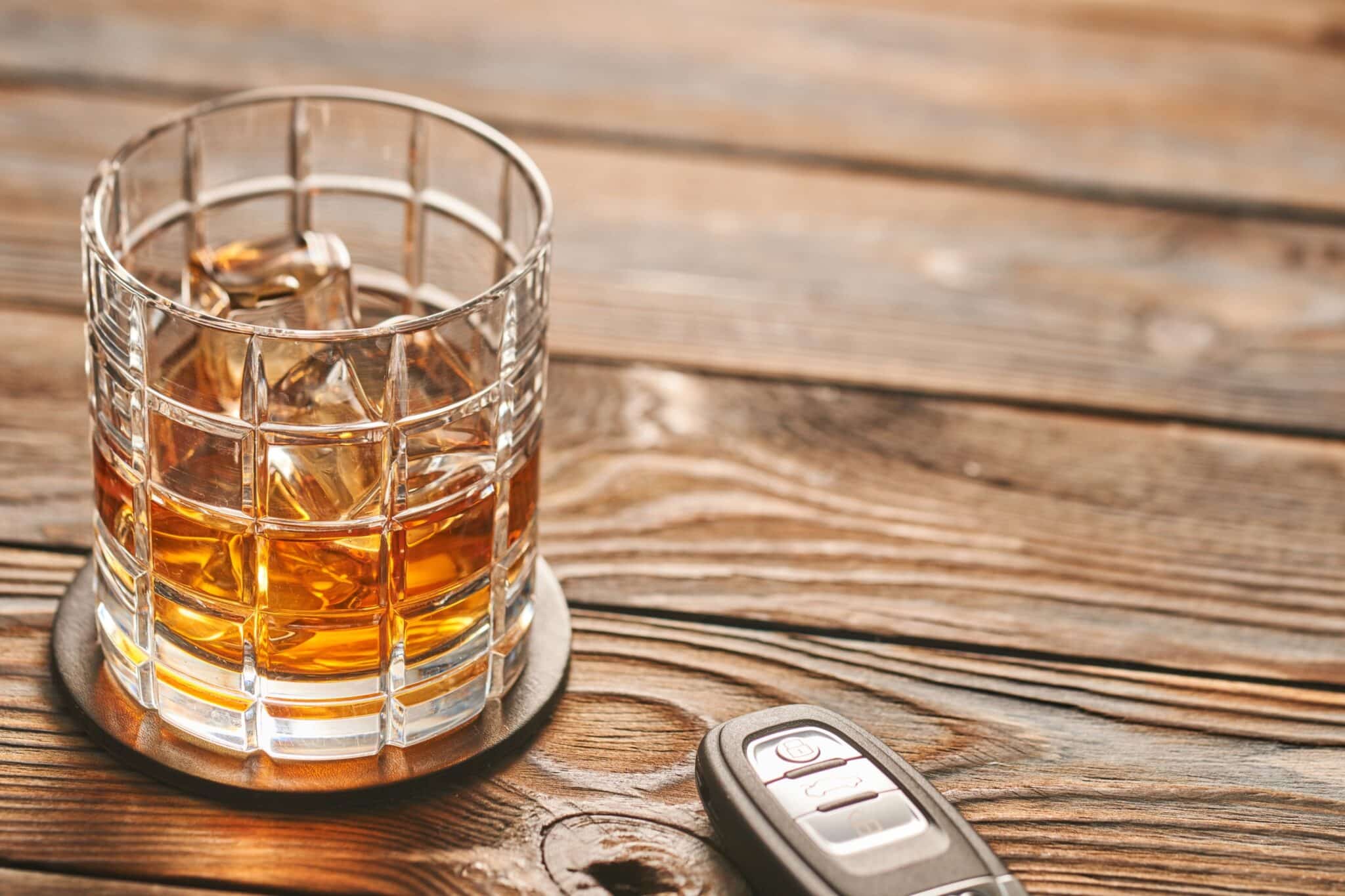
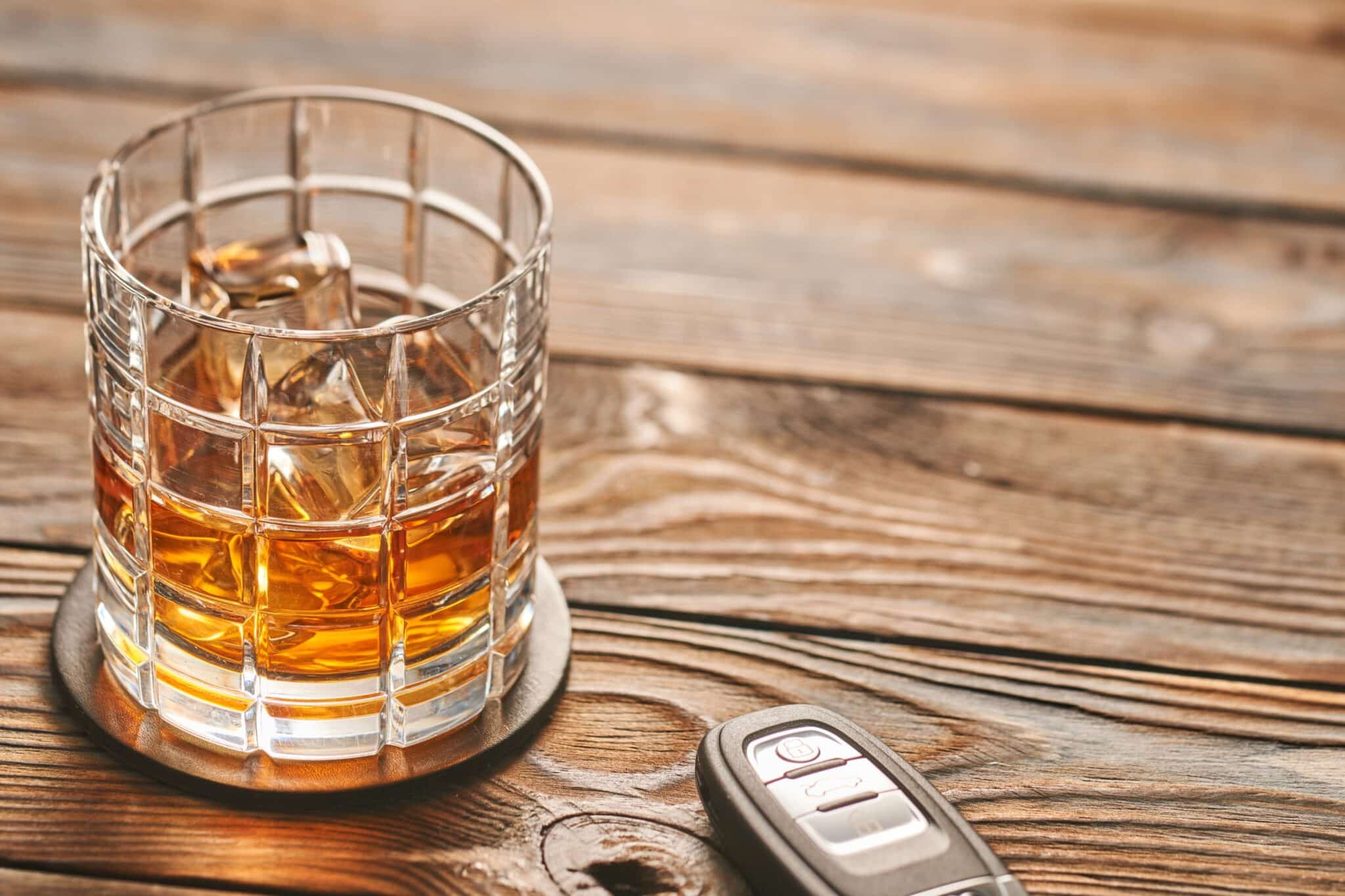

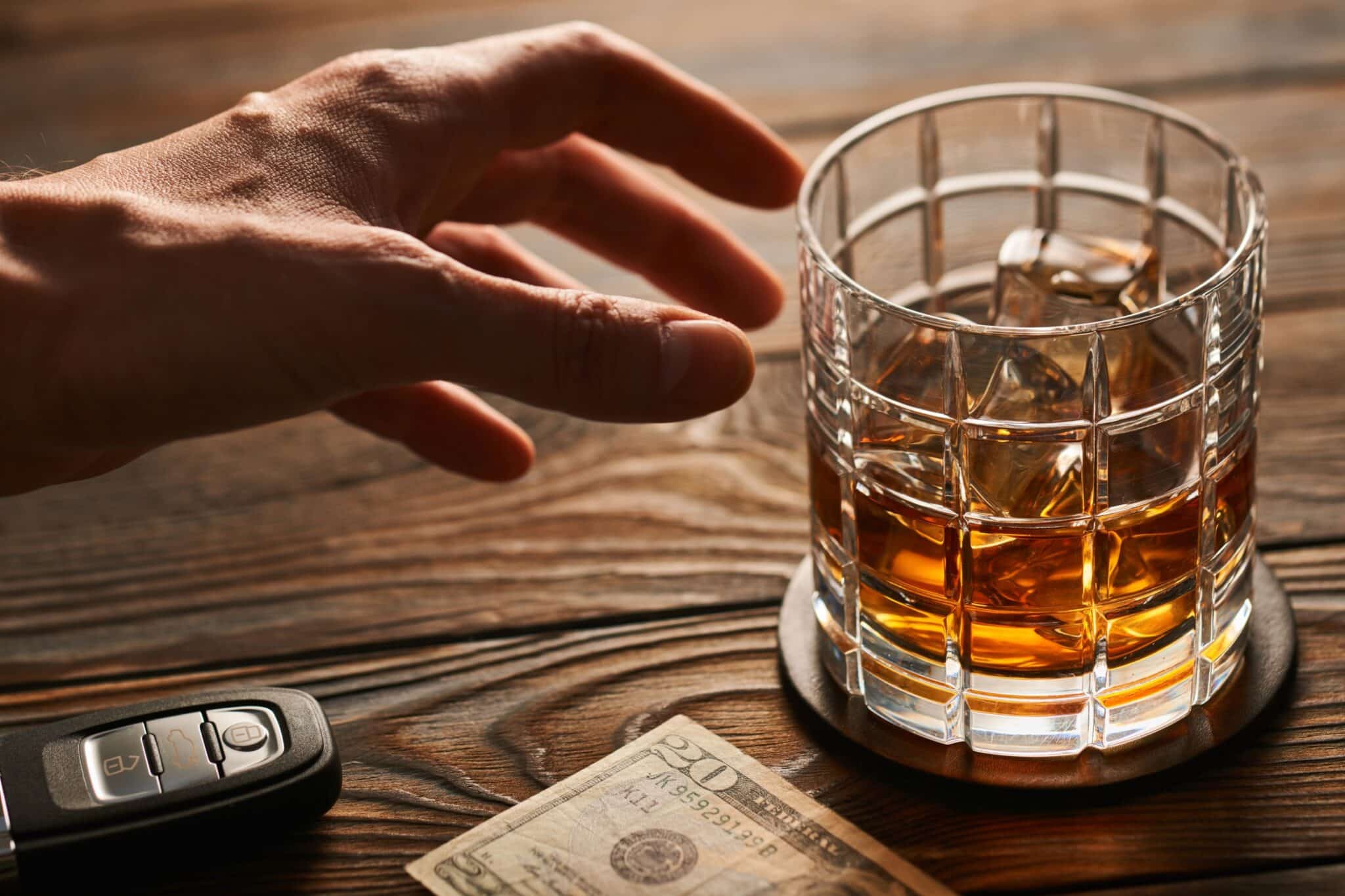


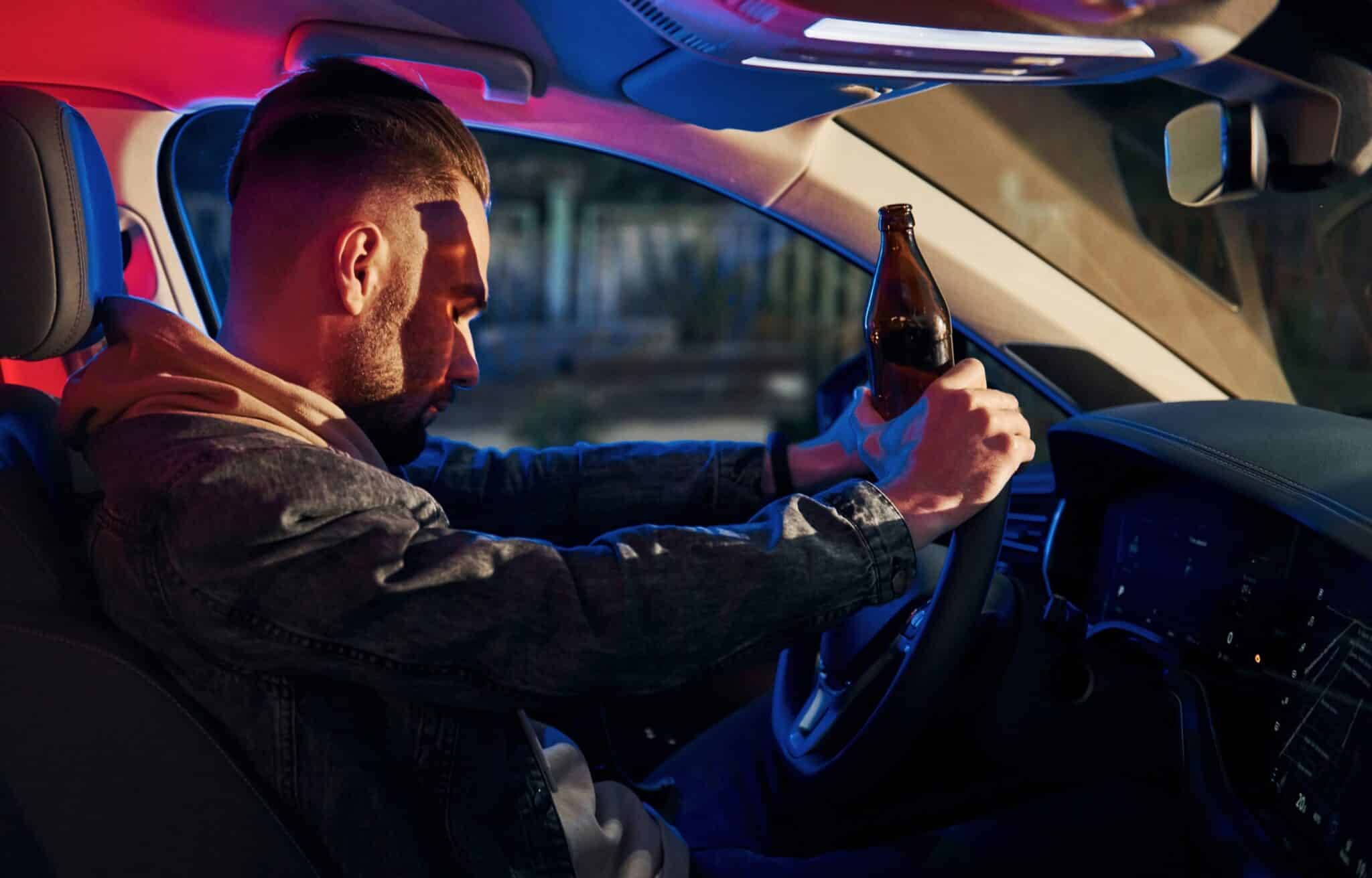
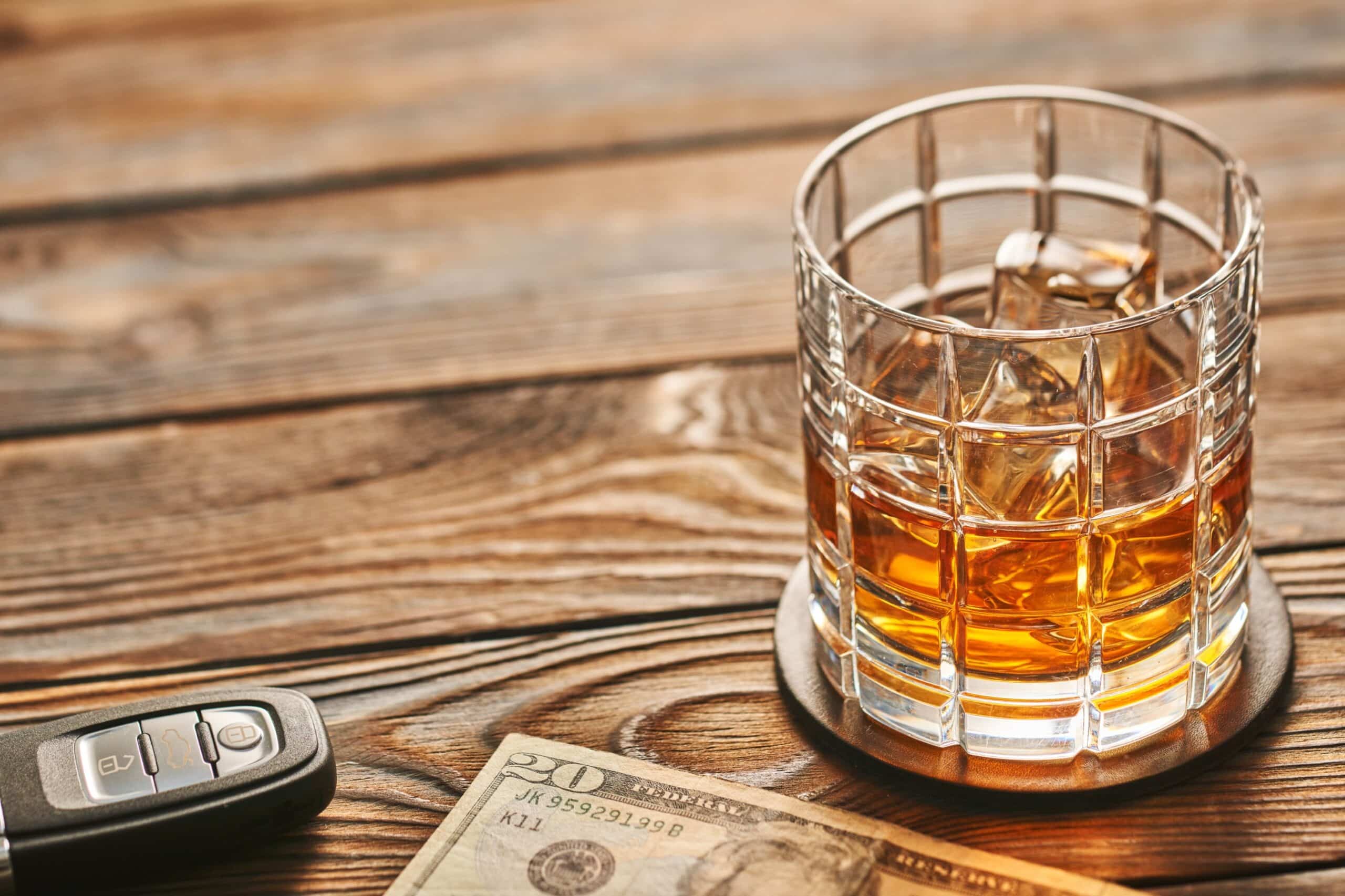
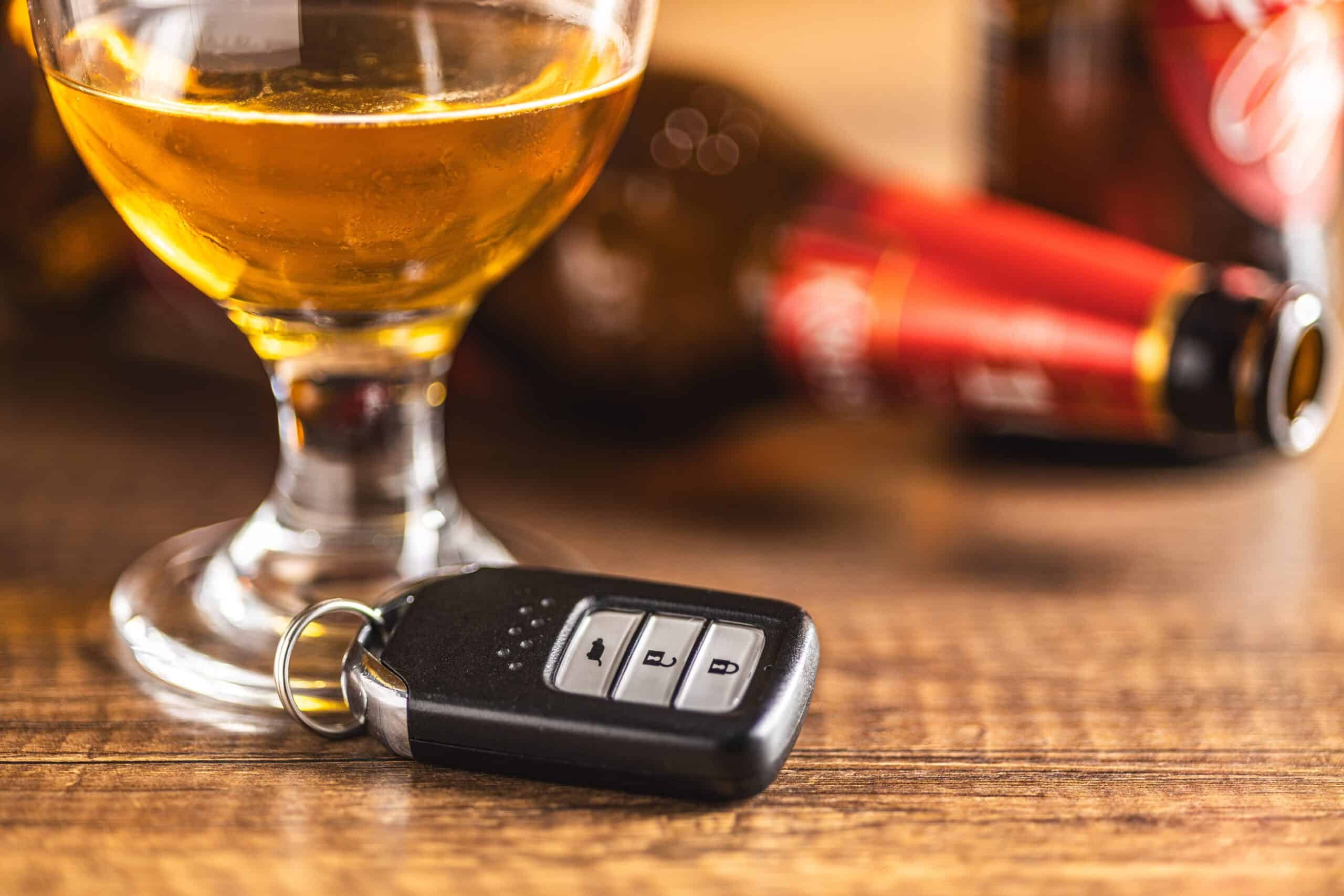

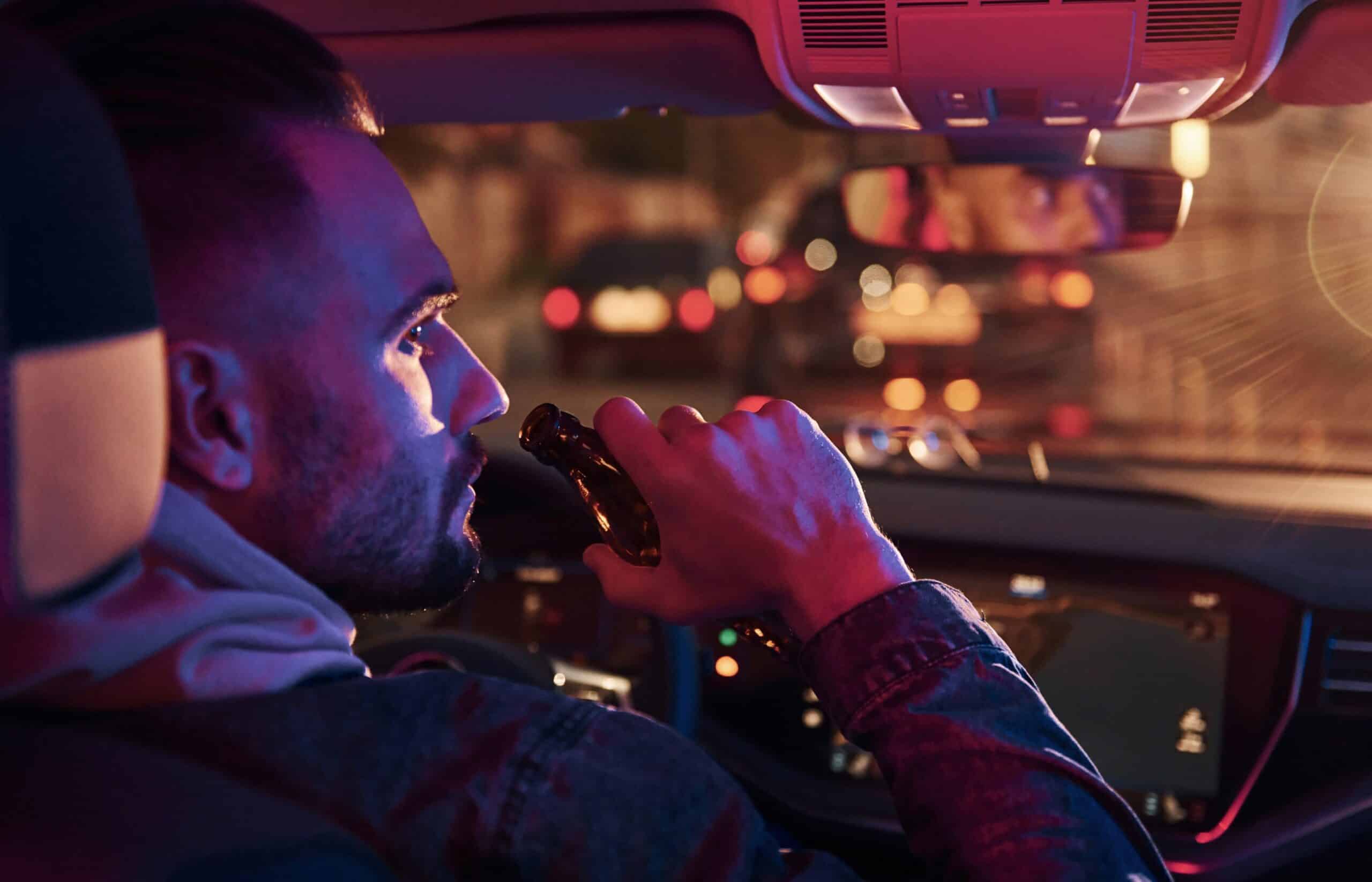
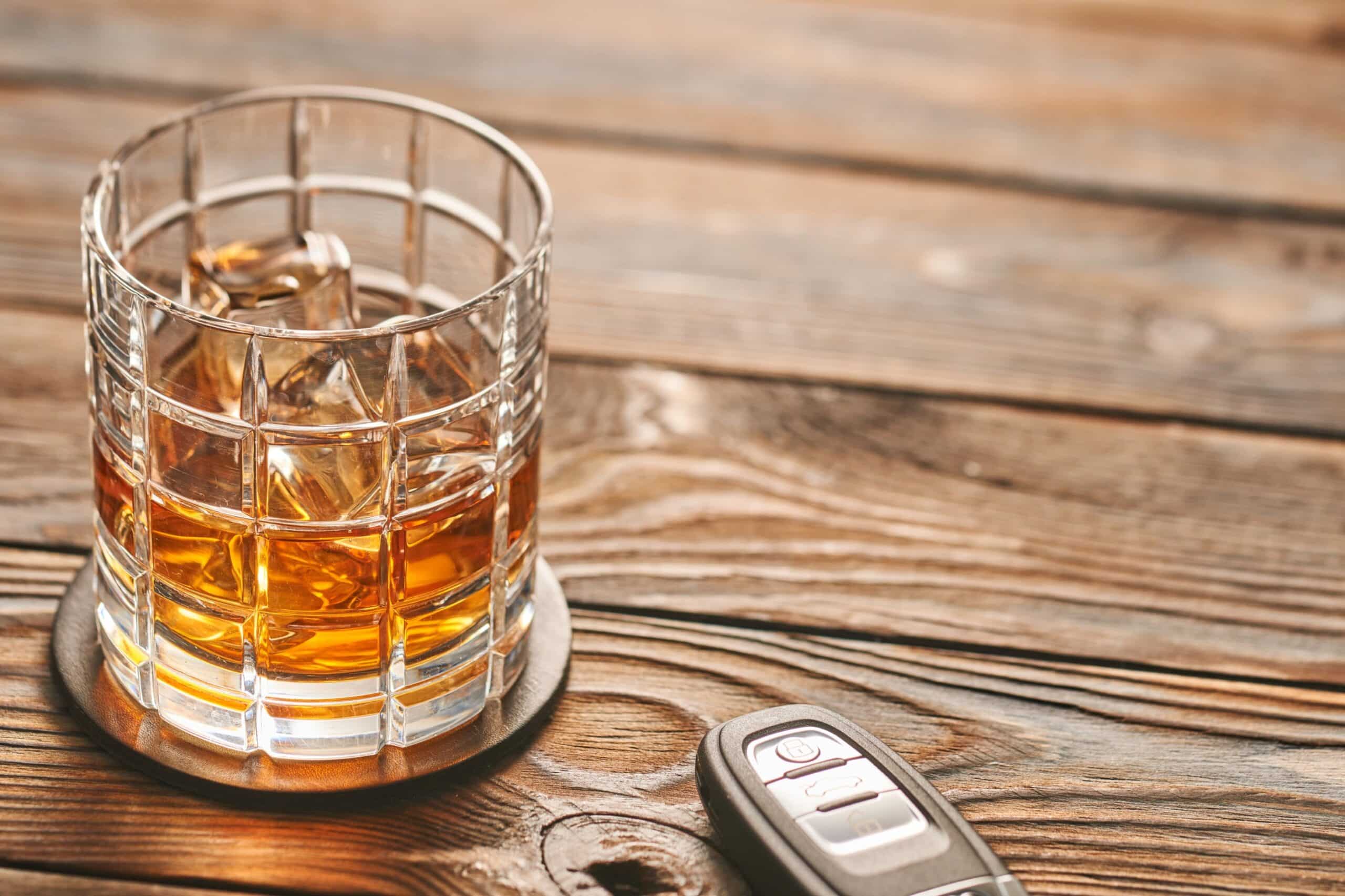





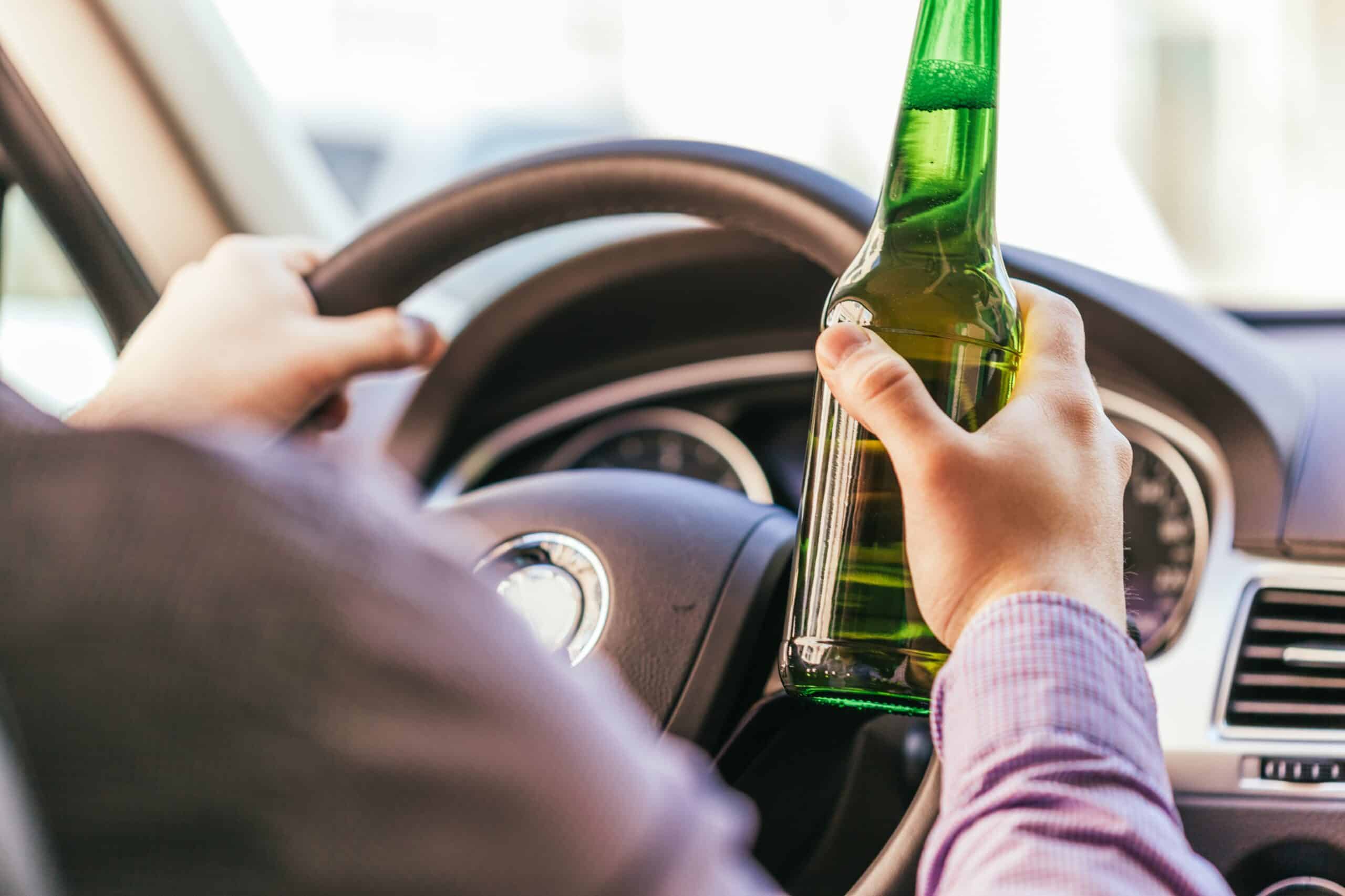




Recent Comments